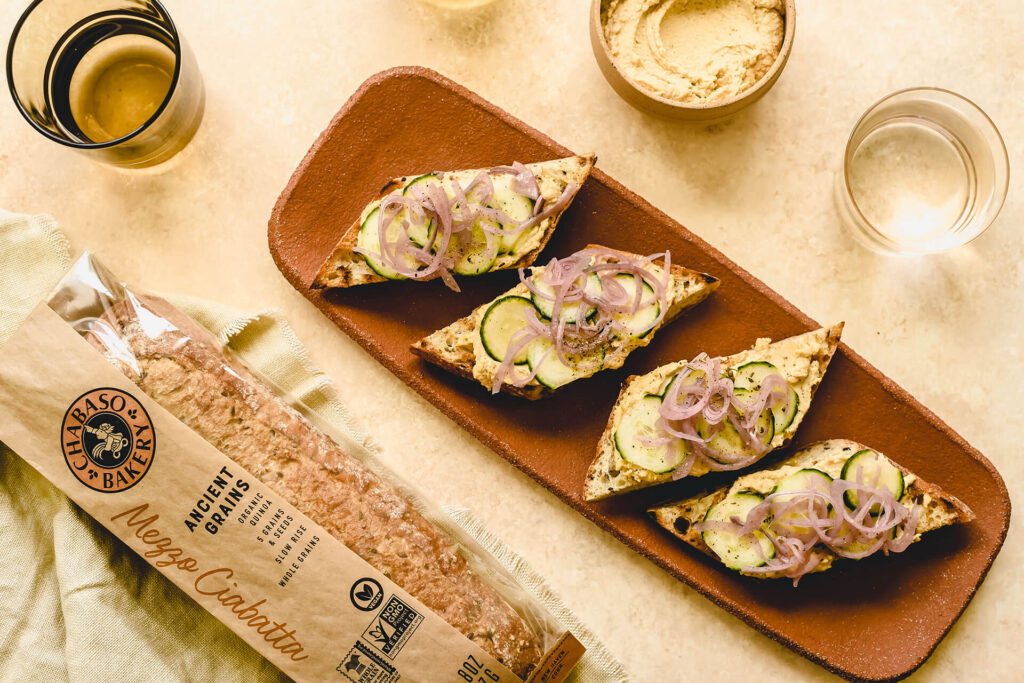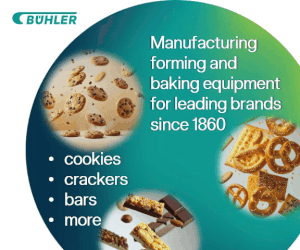KANSAS CITY, MO — Although the days of many pandemic trends could be behind us, one thing is sticking around: consumers seeking healthier and more natural products. Artisan bread, another hallmark of quarantine living, is rising to this occasion by prioritizing transparent labels and sticking to natural ingredients.
The growth in bread sales exploded upwards as people were staying home during COVID-19, and even if days of at-home bread making are behind us, there’s still plenty of interest in that signature taste of artisan bread. Bakeries are riding that wave of interest and getting a boost from other trends like the demand for clean labels and greater ethical and environmental trans¬parency in foods and ingredients.
“Transparency throughout the supply chain will dominate in 2021, with consumers searching for brands that can build trust, provide authentic and credible products and create shopper confidence in the current and post-COVID climate,” said Lu Ann Williams, director of insights and innovation at Innova Market Insights.






